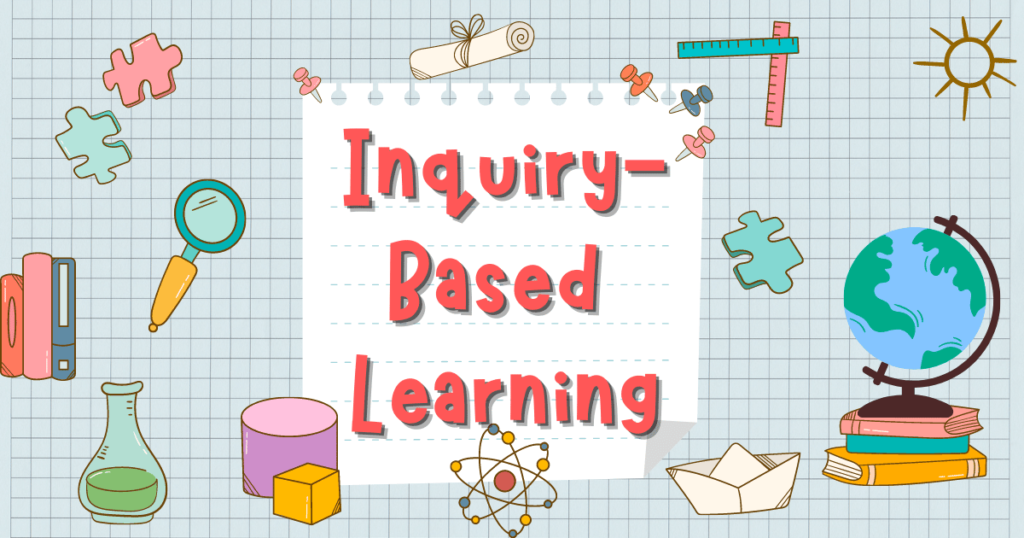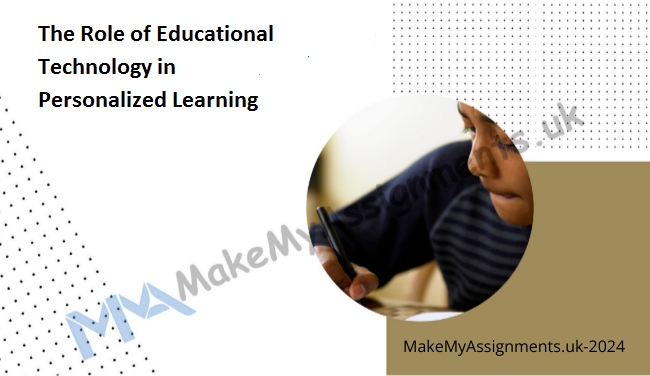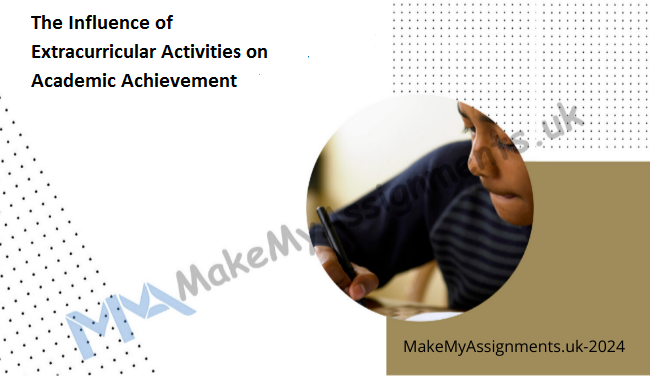In the ever-evolving landscape of education, personalized learning stands out as a beacon of innovation…

Promoting Critical Thinking Through Inquiry-Based Learning
In a rapidly evolving world where information is abundant and easily accessible, the ability to think critically has become more crucial than ever. Critical thinking empowers individuals to analyze, evaluate, and interpret information effectively, enabling them to make informed decisions and solve complex problems. One effective approach to cultivating critical thinking skills is through inquiry-based learning. This educational methodology places emphasis on questioning, exploration, and discovery, fostering a deeper understanding of subjects and promoting independent thinking. In this blog post, we will delve into the principles of inquiry-based learning and explore its role in promoting critical thinking skills among students.

Understanding Inquiry-Based Learning
At its core, inquiry-based learning is a student-centered approach that encourages active engagement and exploration. Rather than relying solely on lectures and textbooks, students are prompted to ask questions, investigate phenomena, and construct their own knowledge through hands-on experiences. This method shifts the traditional role of the teacher from a knowledge provider to a facilitator of learning, empowering students to take ownership of their educational journey.
Key Principles of Inquiry-Based Learning
- Questioning: Inquiry-based learning begins with thought-provoking questions that stimulate curiosity and encourage inquiry. These questions serve as catalysts for exploration and guide students in their quest for understanding.
- Exploration and Investigation: Students are given opportunities to explore topics firsthand through experiments, research projects, and real-world applications. This hands-on approach not only reinforces conceptual understanding but also cultivates problem-solving skills.
- Collaboration: Collaboration plays a vital role in inquiry-based learning, as students often work together in groups to share ideas, perspectives, and findings. Collaborative learning environments foster communication skills and promote the exchange of diverse viewpoints.
- Reflection: Reflection is an integral part of the inquiry process, allowing students to evaluate their progress, identify misconceptions, and make connections between new knowledge and prior experiences. Through reflection, students develop metacognitive skills and become more self-aware learners.
- Autonomy and Independence: Inquiry-based learning empowers students to take ownership of their learning journey, fostering independence and self-directed learning skills. By encouraging autonomy, educators nurture intrinsic motivation and a lifelong passion for learning.
Promoting Critical Thinking Through Inquiry-Based Learning
- Encouraging Curiosity: Inquiry-based learning ignites curiosity by posing open-ended questions and presenting students with real-world problems to solve. By nurturing curiosity, educators lay the foundation for critical inquiry and exploration.
- Developing Analytical Skills: Through hands-on experimentation and data analysis, students develop analytical skills as they examine evidence, draw conclusions, and evaluate the validity of their findings. This process encourages logical reasoning and evidence-based decision-making.
- Fostering Problem-Solving Abilities: Inquiry-based learning challenges students to tackle complex problems and devise innovative solutions through trial and error. By engaging in iterative problem-solving processes, students learn to persevere in the face of challenges and adapt their strategies as needed.
- Cultivating Creativity: Inquiry-based learning encourages creative thinking by providing students with opportunities to brainstorm ideas, explore multiple perspectives, and think outside the box. By fostering creativity, educators empower students to approach problems from unconventional angles and generate novel solutions.
- Building Metacognitive Awareness: Inquiry-based learning promotes metacognitive awareness by prompting students to reflect on their thinking processes, monitor their understanding, and regulate their learning strategies. By developing metacognitive skills, students become more adept at identifying gaps in their knowledge and seeking out additional information as needed.
In today’s fast-paced world, where information is abundant and easily accessible, the ability to think critically is more valuable than ever. Critical thinking empowers individuals to analyze, evaluate, and synthesize information effectively, enabling them to make informed decisions and solve complex problems. One approach that has gained prominence in fostering critical thinking skills is inquiry-based learning.
Understanding Inquiry-Based Learning
Inquiry-based learning is an educational approach that places emphasis on exploration, investigation, and questioning. Rather than simply memorizing facts or following rote procedures, students are encouraged to actively engage with the material through inquiry and discovery. This approach not only deepens understanding but also cultivates essential skills such as problem-solving, creativity, and critical thinking.
At its core, inquiry-based learning involves posing questions, seeking answers, and reflecting on the process. Students are encouraged to ask meaningful questions, conduct research, and draw evidence-based conclusions. By taking an active role in their learning, students develop a deeper understanding of the subject matter and gain valuable skills that extend beyond the classroom.
Promoting Critical Thinking Through Inquiry-Based Learning
- Questioning: Inquiry-based learning begins with questioning. Students learn to ask probing questions that spark curiosity and drive exploration. By encouraging curiosity and inquiry, educators promote critical thinking and encourage students to explore topics in-depth.
- Exploration: Through inquiry-based learning, students actively explore topics, conduct research, and gather information from various sources. This process encourages critical thinking as students analyze and evaluate the credibility and relevance of information.
- Problem-Solving: Inquiry-based learning often involves real-world problems or scenarios. Students are tasked with identifying issues, proposing solutions, and evaluating the effectiveness of different approaches. This hands-on approach to problem-solving fosters critical thinking skills and encourages students to think analytically and creatively.
- Reflection: Reflection is an integral part of inquiry-based learning. Students are encouraged to reflect on their learning process, identify challenges, and assess their understanding. This metacognitive aspect promotes critical thinking as students evaluate their thinking processes and consider alternative perspectives.
How MakeMyAssignments.uk Supports Students
MakeMyAssignments.uk understands the importance of critical thinking and inquiry-based learning in academic success. Here’s how we can help students enhance their critical thinking skills:
- Customized Assignments: Our expert tutors can assist students in developing inquiry-based assignments that promote critical thinking. Whether it’s crafting thought-provoking questions or designing problem-based tasks, we ensure that assignments align with the principles of inquiry-based learning.
- Guided Inquiry: We provide guidance and support to students as they engage in inquiry-based learning. Our tutors can help students formulate research questions, navigate information sources, and analyze findings critically.
- Feedback and Reflection: We offer personalized feedback to students, encouraging them to reflect on their learning process and refine their critical thinking skills. Our tutors provide constructive feedback on assignments, helping students identify strengths and areas for improvement.
- Resource Assistance: MakeMyAssignments.uk offers access to a wealth of educational resources, including scholarly articles, textbooks, and online databases. We help students navigate these resources effectively, empowering them to conduct research and develop evidence-based arguments.
By leveraging the expertise of MakeMyAssignments.uk, students can enhance their critical thinking skills and excel academically. Our personalized approach to learning and commitment to inquiry-based methodologies empower students to become independent thinkers and lifelong learners.




This Post Has 0 Comments